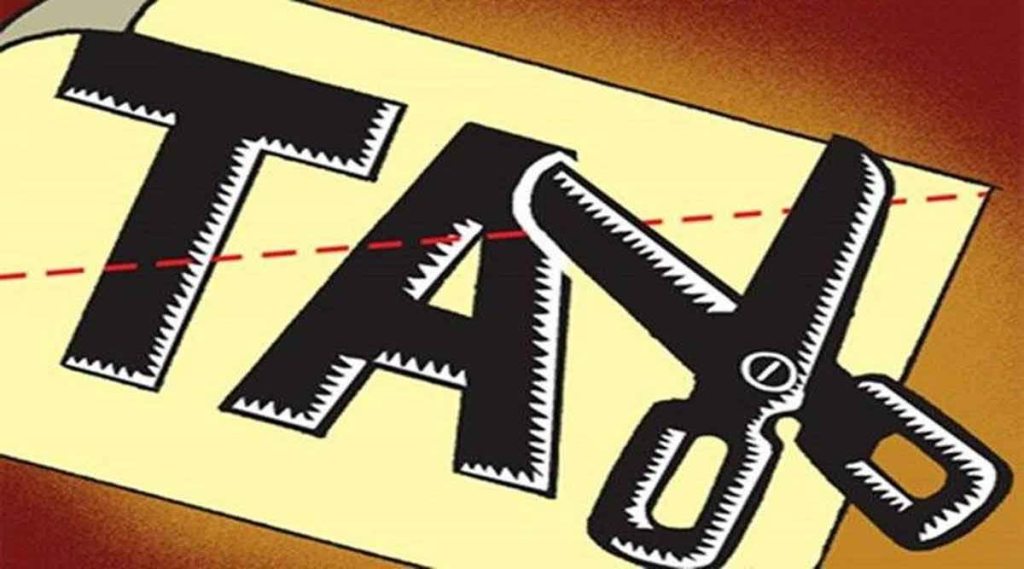Expectations are high as Finance Minister Nirmala Sitharaman is going to present the Union Budget for the financial year 2022-23 on February 1, 2022 amid the Covid-19 pandemic.
Deduction u/s 80D
With the pandemic hitting a large number of people, there is a surge in medical expenses. So, an increase in the deduction limit for health insurance and medical expenses under section 80D of the Income Tax Act is expected.
“Covid-19 has forced insurance companies to increase medical premiums. The corresponding increase in section 80D deduction is the need of the hour,” said Gopal Bohra, Partner, NA Shah Associates.
Talking on the 80D limit, Prachi Mehta, Principal, Dhruva Advisors, also said, “Increase in quantum of deduction for medical insurance premium under section 80D – Medical costs have increased over a time and hence, families need an enhanced medical coverage. An increase in the quantum of deduction under section 80D could be beneficial.”
Work from Home Allowance
As many employees are forced to work from home to avoid spreading of the Novel Coronavirus, it would be beneficial for them if tax incentives are given on expenses related to Work from Home.
“Work from home has gained traction in pandemic and it is seen as a feasible solution in curtailing spread of the virus. Employees are incurring costs for setting up “home-office”, and the government should allow some deduction to salaried taxpayers toward such expenses incurred,” said Bohra.
Advocating for Work from Home Allowance, Mehta said, “The Work From Home regime is here to stay. Employees incur several costs on infrastructure to ensure that working from home is seamless and efficient. An additional allowance (say in the form of a separate standard deduction) for expenditure incurred by the employees in order to work from home should be considered.”
Standard Deduction
Bogged down by salary cut, job loss and high inflation, the salaried taxpayers are also expected to get additional relief through an increase in the Standard Deduction limit from the current level of Rs 50,000 to Rs 1 lakh.
“Pandemic has hit the salaried class very hard, increase in Standard Deduction by Rs 50,000 would bring much needed relief to salaried taxpayer,” said Bohra.
Income Tax Surcharge
With high surcharge rates affecting the taxpayers earning over Rs 50 lakh in a financial year hard, a reduction in the rates is expected.
“While the tax rates on companies have been lowered in the past, individuals in high income brackets are being taxed at a rate of almost 42 per cent on a substantial portion of their income. A reduction in the rate of surcharge for high income individuals would provide some respite,” said Mehta.
Surcharge on Dividend Income
Talking on the disparity in levying surcharge on dividend income from shares and mutual fund (MF) units, Bohra said, “Surcharge on dividend from shares is restricted to 15 per cent, whereas surcharge on units dividend of mutual funds is not restricted to 15 per cent. In the upcoming budget we expect that the government should remove this disparity.”
Relief for Genuine Transactions
Relief is also expected for genuine transactions, in situations like receipt of a sum of money over Rs 50,000 without any consideration (section 56(2)(x)) etc.
“The deeming provisions in law like section 56(2)(x) or section 50CA have been introduced to curb tax avoidance. Often transactions involving genuine circumstances come within the realm of such provisions and the taxpayer end up paying higher taxes. An amendment to have the deeming provisions applicable only in cases involving mischief and a carve-out for genuine transactions would be welcome,” said Mehta.


